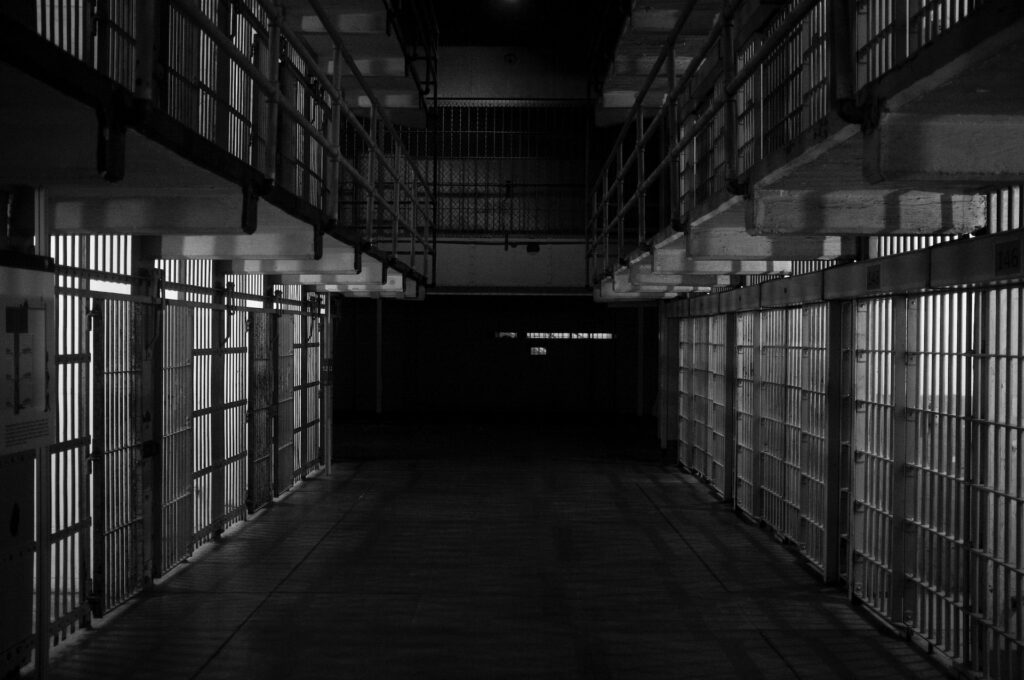
(Cupventi.com) – In a dramatic turn of events that has gripped Haiti, the nation witnessed a major security breach when armed factions orchestrated a massive jailbreak from the country’s most significant detention facility, the National Penitentiary in Port-au-Prince.
This incident, unfolding over the course of several days, culminated on a Sunday with the release of approximately 4,000 detainees, marking a significant escalation in the ongoing crisis of law and order within the country.
The jailbreak was not a spontaneous act but the result of a meticulously planned assault by armed groups, which engaged in intense firefights with law enforcement. The majority of those who managed to flee were reported by local media to be inmates associated with various gangs, including individuals implicated in the 2021 murder of Haitian President Jovenel Moise, highlighting the deep-seated issues of gang influence and political instability plaguing Haiti.
The timing of the attack appears to have been strategically chosen, coinciding with Prime Minister Ariel Henry’s departure to Kenya. The visit aimed to secure international support for Haiti’s battle against rampant gang violence that has terrorized the nation. Amidst this chaos, Jimmy Cherizier, a notorious gang leader and ex-police officer, publicly declared his intention to topple Henry’s government, urging gangs across Haiti to unite in their cause.
This episode of violence underscores the fragile state of Haiti’s governance and its struggle with gang dominance, further complicated by Henry’s delayed resignation amidst the turmoil. Despite his promise to step down, Henry has emphasized the necessity of restoring peace before any democratic processes can proceed, pointing to the dire need for stability as a precursor for free and fair elections—a process Haiti has been unable to undertake since 2016.
In an effort to bolster Haiti’s capacity to combat these challenges, an agreement was reached with Kenya, which consented to lead a U.N.-sanctioned international police force to the Caribbean nation. However, the plan faced legal hurdles, with Kenya’s High Court deeming it unconstitutional due to the absence of reciprocal arrangements between the two countries. Nevertheless, a recent accord promises the deployment of 1,000 Kenyan police officers to Haiti, aiming to restore order and security.
The aftermath of the prison break led to the Haitian government declaring a 72-hour state of emergency, alongside a nighttime curfew, in a desperate bid to regain control. The events at the National Penitentiary and another facility in Croix-des-Bouquets have raised alarms over the potential increase in criminal activity, with nearly all of Port-au-Prince’s jail population now at large.
Authorities, under the temporary leadership of Finance Minister Patrick Boisvert due to Henry’s absence, have called for a robust law enforcement response to apprehend the escapees and enforce the curfew. This plea for order comes amidst a backdrop of escalating violence and lawlessness, which the United Nations has warned is eroding the Haitian government’s authority and exacerbating the humanitarian crisis in the country.
As international and local efforts converge to address the immediate security concerns and the broader challenges facing Haiti, the jailbreak serves as a stark reminder of the deep-rooted issues of violence, political instability, and the urgent need for comprehensive solutions to restore peace and governance in the beleaguered nation.